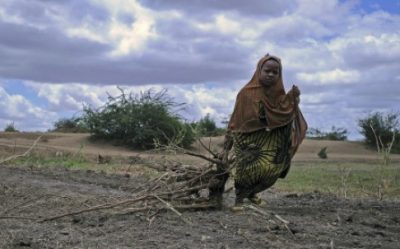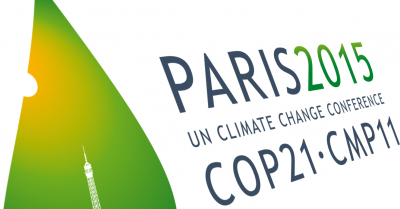By
Adisa Amanor Wilks
By 2080, due to climate change, it is likely that 75% of the African population will be at risk of hunger, according to the United Nations’ Food and Agriculture Organisation.
Africa, the continent with nearly 1 billion people emits the least greenhouse gas emissions– just 3% of the world’s total emissions. And yet it’s predicted that sub-Saharan Africa will be severely hit, even with the smallest rise in global temperatures.
“Sub-Saharan Africa is highly vulnerable to climate shocks, and our research shows that could have far-ranging impacts — on everything from child stunting and malaria to food price increases and droughts,” said World Bank Group President Jim Yong Kim.
The World Bank says without measures to help countries prepare for climate change, 43 million people, mostly in Ethiopia, Nigeria, Tanzania, Angola and Uganda could be extremely impoverished by 2030, due to droughts, flooding and a hike in food prices.
The African Development Bank (AfDB) estimates that Africa needs US$20-30 billion per annum over the next 10 to 20 years to adapt to the effects of climate change.
World Bank to the rescue…
This week, the World Bank “unveiled” a $16 billion funding plan to help boost the continent’s resilience to climate change.
The Africa Climate Business Plan will be presented at COP21, the global climate talks in Paris, on November 30. Termed Accelerating Climate-Resilient and Low-Carbon Development, the plan sets out steps to strengthen African governments to ensure that their countries are able to withstand climate shocks, including boosting renewable energy and strengthening early warning systems.
“The Africa Climate Business Plan spells out a clear path to invest in the continent’s urgent climate needs and to fast-track the required climate finance to ensure millions of people are protected from sliding into extreme poverty,” explains Makhtar Diop, World Bank Group Vice President for Africa.
Initial funding, a third of the money ($5.7bn) is from the International Development Association (IDA), the arm of the World Bank Group that supports the poorest countries.
About $2.2 billion is expected from various climate funds. Another $2 billion will be sourced from the development community, $3.5 billion from the private sector, and $0.7 billion from domestic sources.
About COP21
This year, for the first time in over 20 years of UN negotiations, a global conference on climate change is expected to achieve a legally binding and universal agreement on climate change. The 21st session of the Conference of the Parties (COP21) to the UNFCCC will be convening in Paris from 30 November to 11 December 2015. It is expected that this two-week event will deliver a universally legally binding agreement that will keep global warming below 2°C.
This meeting will witness close to 50,000 participants including 25,000 official delegates from various organisations deliberating on the future of our planet.




No Comments Yet!
You can be first to comment this post!